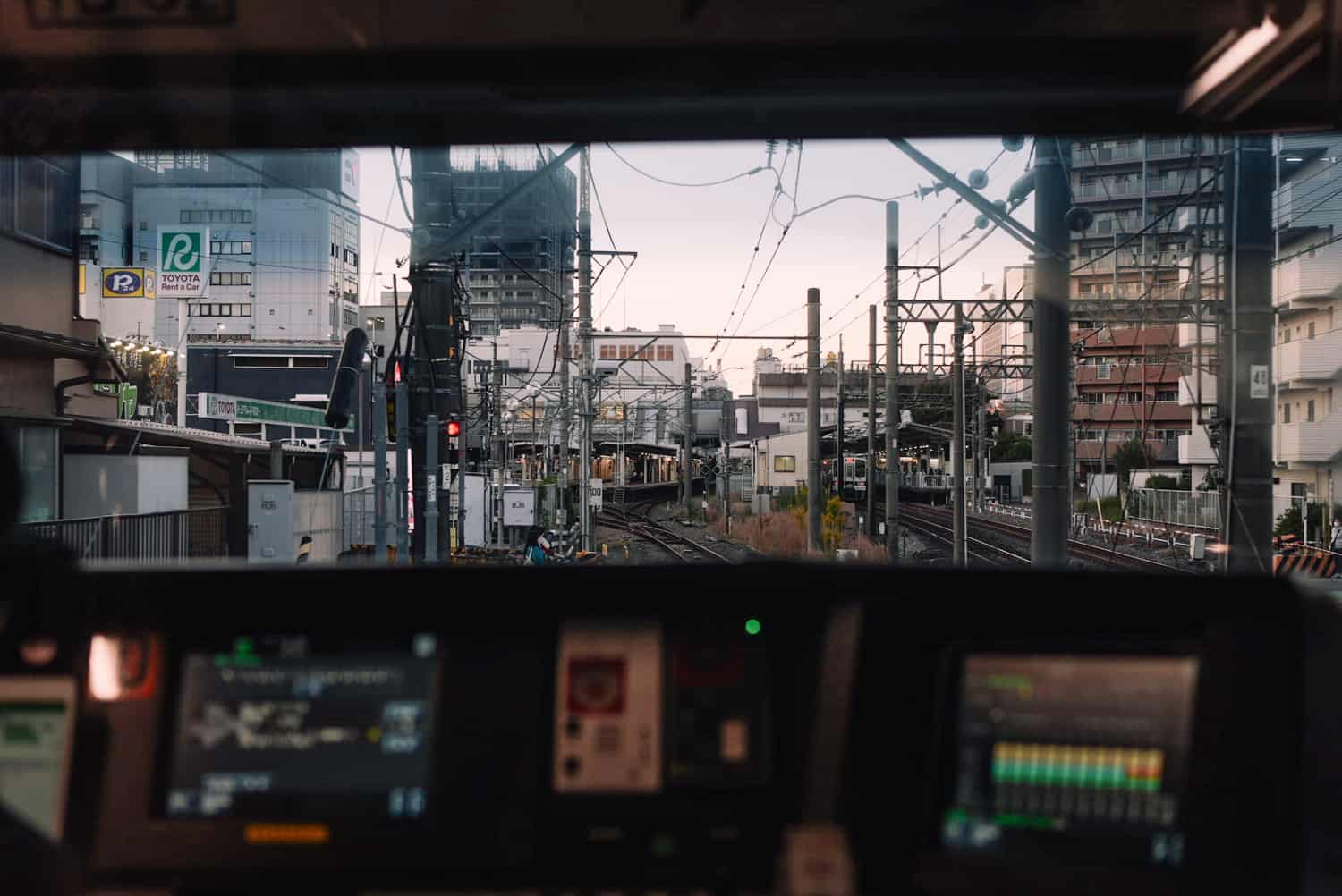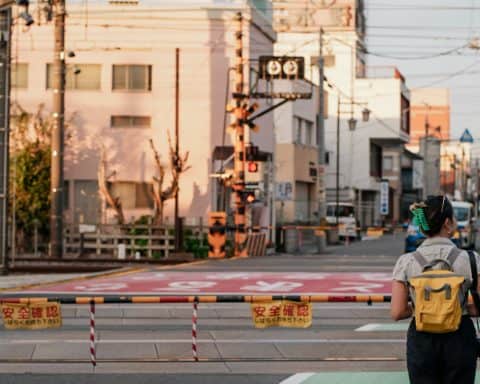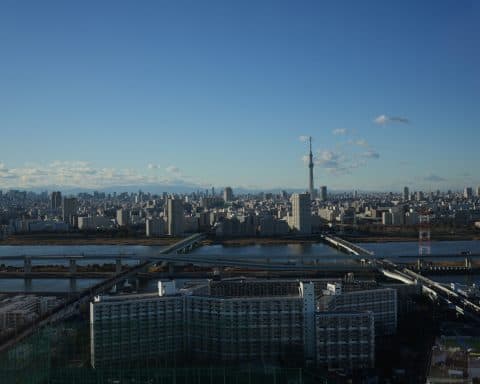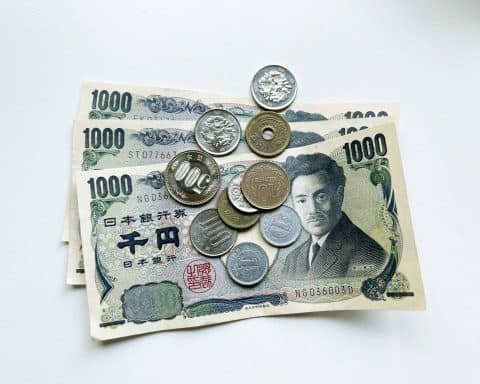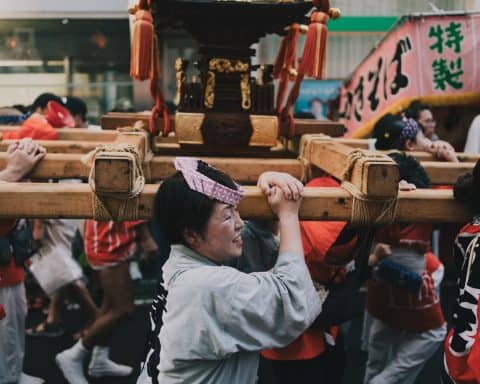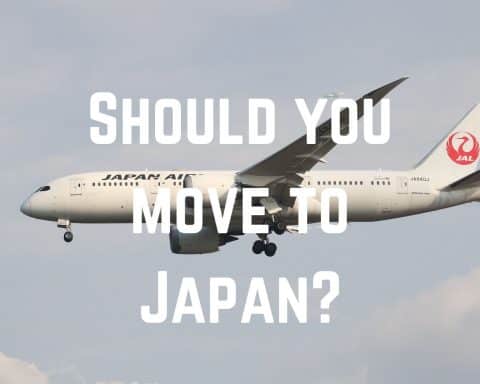If you’ve already taken the ‘Should you live in Japan‘ quiz and decided that ‘Yes!’ you probably should, your next step is to compare the country you live in now to Japan. It’s a great way to see the challenges you might face and how they will differ from your current daily life.
Join me as together we embark on a comparative journey, drawing from my experiences living in Japan for the past year, and my comprehensive (slightly addictive…) research on life in the United States. We’ll delve into essential aspects such as the cost of living, safety, convenience, cultural distinctions, entertainment options, and more.
Whether you’re contemplating an international move or simply seeking to gain deeper insights into life in these two distinctively different countries, you’ll find something
Work-Life Balance

America
The work-life balance for Americans isn’t always ideal. While companies offer remote work options and a whole heap of flexibility, there are still a lot of companies that don’t.
For instance, there are often jobs available to those who need them (average youth unemployment of 8% compared to places like the UK at around 12% as of 2023), but what you trade for that easier employment may be longer hours and shorter vacation times.
That said, the flexibility of being able to change jobs can be ideal. The idea of having one job/career for your entire life has well and truly come and gone. 40-hour weeks at the same company for the rest of time? I’ll pass.
Japan
In Japan, a strong work ethic is deeply ingrained, particularly among older generations. The commitment to hard work is seen as crucial which creates an intense work environment.
Unlike in the US, spending your entire life working for a single company is a fairly common occurrence. The big issue here is that promotions and rewards are usually given for the time served at the company.
Overtime practices in Japan have a complex history in Japan as well. If you ever work in Japan (for a Japanese company) you’ll probably have to abide by a number of social rules that may not make sense to you.
For instance, you’ll be expected to turn up well before your shift actually starts (because apparently, it takes time to prepare), and you can forget overtime pay for doing this. There are other unwritten rules too such as not leaving until your boss does (0 overtime pay), and not being able to take your suit jacket off if it’s hot because it doesn’t look professional.
Of course, this doesn’t happen in all companies, but it’s absolutely something you should be prepared for.
Cultural traditions like Japan’s “nomikais,” or social drinking gatherings, are something else that impacts social dynamics. Similar informal socializing occurs in the United States I’m sure, but declining an invitation to an ‘optional’ nomikai would be seen as rude and unprofessional, even if you don’t drink.
Salaries
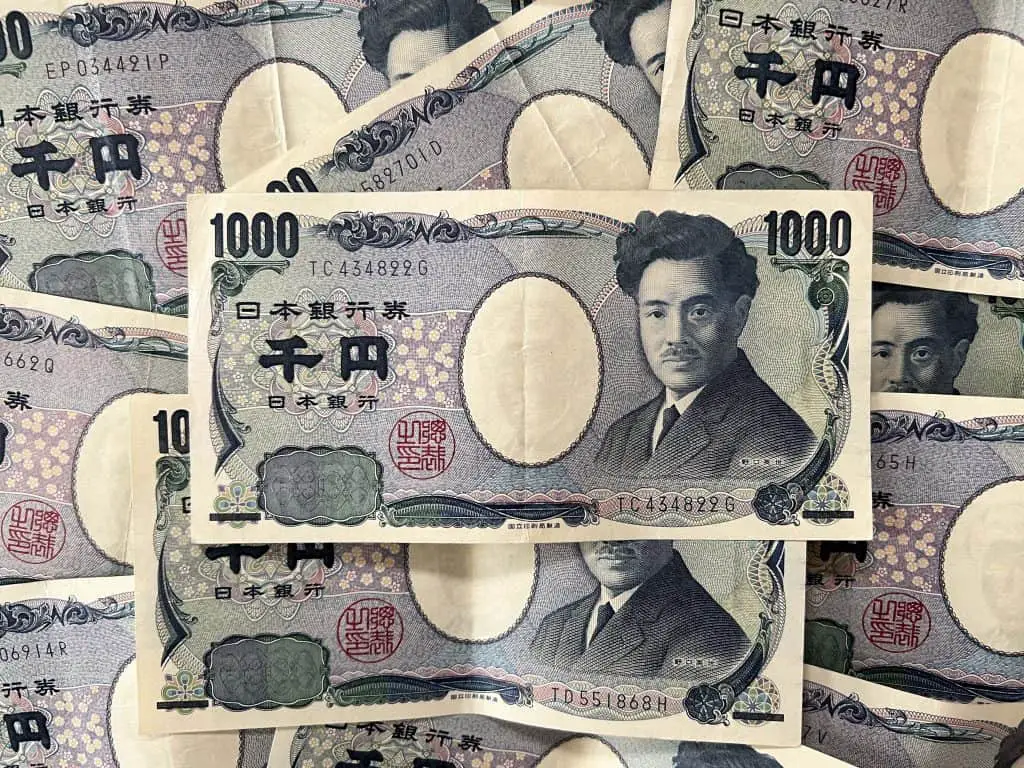
America
According to Yahoo Finance, as of 2023, the average salary in America is $59,428. The U.S. job market is renowned for its competitive wages and lucrative employment opportunities, specifically in tech. (although this last year has looked a little bit iffy…)
However, with a diverse economy encompassing various sectors like technology, finance, healthcare, and entertainment, by living in America you’re almost guaranteed a higher wage no matter what area you work in, certainly compared to Japan.
Meritocracy is usually the way that most employees are promoted or climb up the corporate ladder, based on their skills and performance. This, in turn, can lead to substantial salary increases.
Japan
When I compared Japan to the UK a few weeks ago, I noted how bad Japanese salaries were. Believe it or not, 3 weeks on nothing has changed haha!
In case you missed that post I basically said how I have seen adult salaries as low as ¥961 an hour (Japan’s minimum wage in 2022 works out at $7.18) which is lower than the mandated US minimum wage of $7.25.
I thought the wage was going to be a lot higher in America than in Japan, but perhaps America just has far more options to earn big money later on in your career. For instance, I’ve only seen Tech jobs in Japan around $70-$80K, but I know in America that these can go up to stupid money.
Cost of Living

America
While the United States boasts higher salaries, it’s always important to take into consideration the cost of living at the same time. In the US, this can vary widely depending on the state and city you choose to reside in.
In major metropolitan areas like New York City, San Francisco, or Los Angeles, the cost of living tends to be significantly higher. Housing costs, in particular, can be absolutely ridiculous, with sky-high rents or property prices. Healthcare expenses can also be a significant concern, as the U.S. healthcare system operates differently from many other countries and can lead to substantial medical bills, even with insurance.
On the flip side, there are regions in the U.S., especially in the Midwest and South, where the cost of living is more affordable. Housing costs, for instance, are generally lower, and day-to-day expenses, such as groceries and transportation, can be more budget-friendly.
Japan
Train travel in Japan is dirt cheap (I don’t care what anyone tells you) for what it is. Eating out is cheap, buying food is a little more expensive depending on what you get, and everything else is fairly relevant to your lifestyle.
For instance, if you’re spending most of your time buying food from the local konbini, you’re sacrificing cheaper deals for convenience. Don’t get me wrong, that food is flipping wonderful, but it does come at a cost.
Cinemas seem to be a little on the expensive side, entrance to events or parks or places is incredibly cheap ($1-$2 on the whole), and there are more than enough options to buy clothing and household items cheaply.
Culture
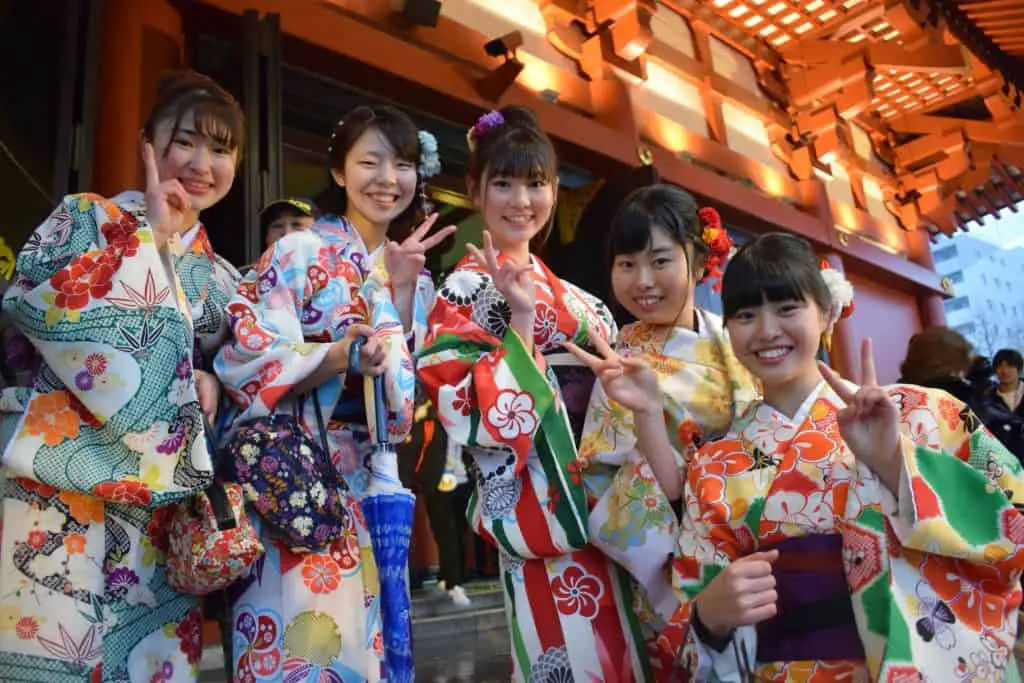
America
American culture is known for its lively mix of people from around the world, resulting in a blend of customs and traditions. This melting pot of cultures (more prominent in the cities) means you can find diverse celebrations and foods all across the country, from Thanksgiving to Chinese New Year.
What’s particularly American is the belief in personal freedom and the idea that with hard work, anyone can succeed. This means starting businesses and coming up with innovative solutions and ideas is a fairly common occurrence.
Whether it’s technology or small local shops, people in America have a can-do attitude that encourages innovation and individual achievement (something that often suffers in Japan).
Japan
Japan on the other hand is a little different. A familiar saying I hear roughly translates to “The nail that sticks out gets hammered down.” I don’t know if that’s the case all the time, but it definitely holds true in a lot of situations, specifically business and life expectation-wise.
One of the bigger differences, and one of the challenges I faced when moving out here was how everyone keeps themselves to themselves. If you’re used to saying hello to people in the street or smiling as you pass them, that’s something you won’t get here in Japan
In some circumstances that’s great, but other times I miss chatting with random strangers about things as mundane as the weather. That said, it will likely differ depending on where you’re moving to in Japan or the US, and what your social circle is like.
In Japan, order and hierarchy are also very important in many aspects of life. This can be seen in the way people speak, dress and interact with each other. It is important to be aware of these rules so as not to offend or embarrass anyone while in Japan.
Though, as a foreigner, you’ll often be excused from not being 100% right, despite the length of time you’ve lived out here for. Something that can be both a blessing and a curse at the same time.
Public Transportation
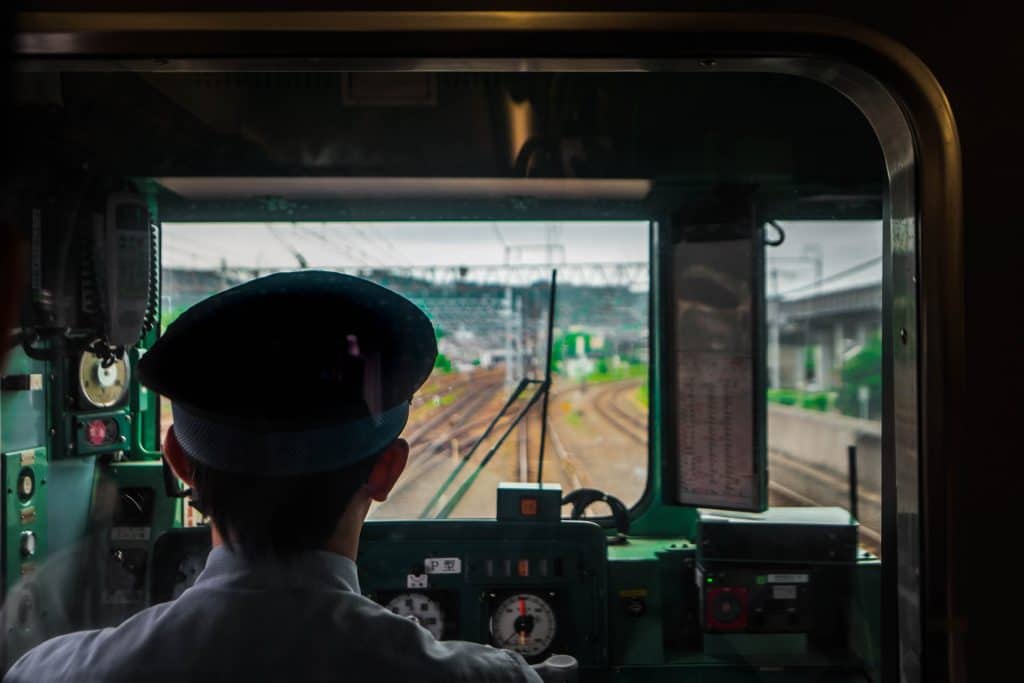
America
Public transportation in the United States varies significantly from one city to another due to the country’s size separate states. In areas such as New York City, San Francisco, and Chicago, extensive public transportation networks exist, including subways, buses, and commuter trains. These systems provide relatively efficient and convenient ways to navigate the city, reducing the need for personal vehicles.
However, while American transport might be decently reliable in the big cities, it’s not gonna be clean.
In smaller cities and rural areas, public transportation options can be limited, and reliance on personal cars is often more common. The availability and quality of public transportation can also vary within cities, with some neighborhoods having better access than others.
Japan
I love Japanese public transport, and I think you’d struggle to find someone who doesn’t agree with me. It’s clean, fast, and efficient.
The most popular mode of transport in Japan is the train, which runs almost 24/7 on some routes. The Shinkansen bullet trains are one of the fastest ways to get from city to city, reaching high speeds of up to 320 km/h (200 mph). They’ve also got a famous Japanese sleeper train which isn’t fast, but it’s so flipping cool!
Because the entire country is serviced well with transport links, there’s rarely a case when you’re going to need a car. It’ll make traveling to more remote places a lot easier, but you can get to most of the places you’ll need to.
There are a variety of forms of public transportation available including buses, taxis, and ferries. Buses are perhaps my second most used form of public transport since moving to Japan and they’re just as reliable as trains.
Education
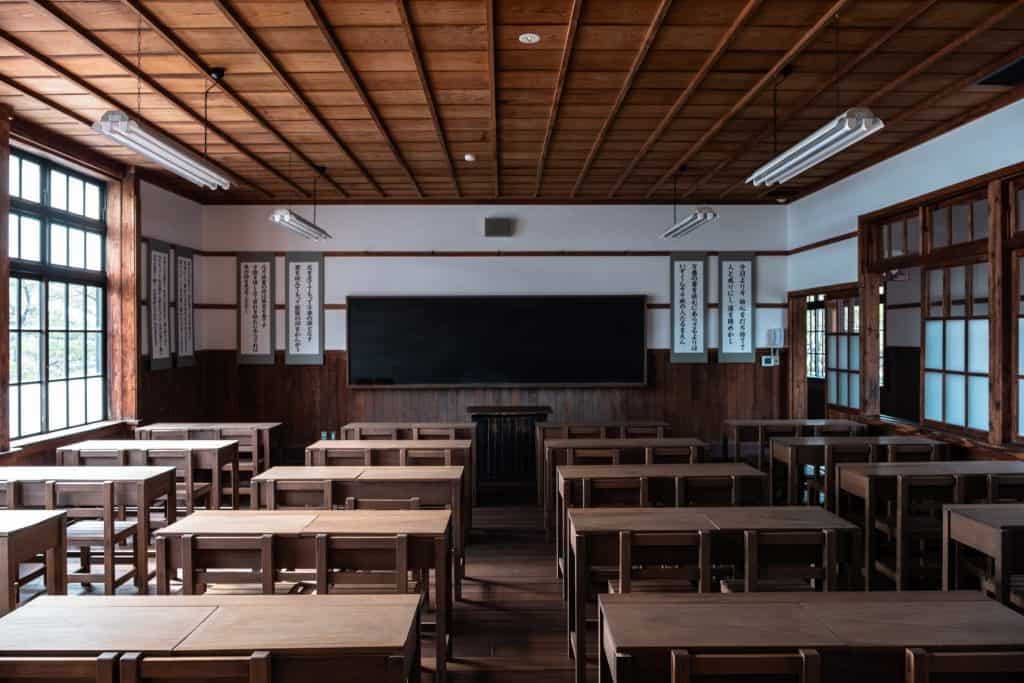
America
From kindergarten through grade 12, the country provides free public education, although the quality can vary between school districts. America is also famous for having some of the best Universities in the world, and people travel from thousands of miles around to attend them.
Unfortunately a lot of these Universities also come with massive fees as well as rigorous entry requirements which means the admission process is extremely competitive.
Japan
Education in Japan is highly valued, and there are very high expectations placed on children from an early age. We know one main benefit of those high expectations is incredibly clean streets and, in general, more respectful pupils.
Education begins at age 5 with compulsory attendance of elementary school through to grade 6 when they complete junior high school. After this comes high school, which lasts until age 18 when students graduate.
University tuition fees in Japan are also much more affordable than in the US (and a lot of the world), with some institutions charging around $5000 a year for undergraduate courses. This is still expensive compared to some places but much cheaper than most American universities.
The curriculum is quite broad and includes a range of traditional academic subjects but also focuses on practical skills. This means that students in Japan can develop both their academic knowledge as well as their practical skills which can be beneficial for future employment opportunities and real-world situations.
Food
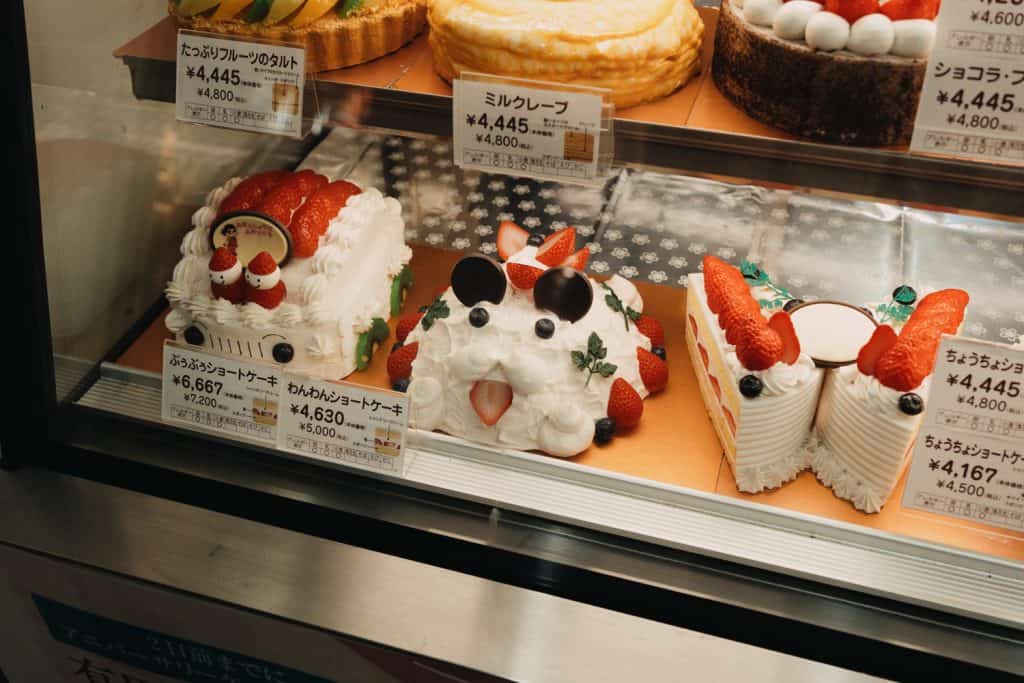
America
American food is BIG, but there’s also a huge variety. In the South, they love things like fried chicken and greens, which are super tasty. Down in the Southwest, it’s all about Mexican-style food like tacos and burritos, which have a spicy kick.
Up in the Northeast, they’re big fans of seafood, like clam chowder and lobster rolls. And in the Midwest, they’re famous for simple, satisfying foods like burgers and hot dogs.
Possibly the most stereotypical paragraphs I’ve ever written, so take that with a pinch of salt!
America is also famous all over the world for its fast food. Perhaps most notable is the sheer size of it. I’m telling you now that if you’re used to American-sized portions, you’re gonna have the shock of your life moving to Japan!
Big portions do exist in Japan, but they’re not regularly that size.
Japan
Japan has thousands of Konbini selling Japanese snacks and food 24 hours a day. There are slightly fewer ‘sweet’ style foods and far fewer chocolate options than there are in the US. On the whole, you’re likely to find way less sugar on the shelves!
However, after living in Japan for about 6-months, I realized there actually was quite a lot of ‘sweet’ foods, it’s just not done in the same way that it was in the US. For instance, I really miss those fizzy gummy sweets, and Japan doesn’t have any kind of pick n mix which is a bit of a shame.
On the flip side, they have strawberry cream sandwiches and more cakes than I could ever dream of – so once again it comes down to preference!
Just remember to give yourself some time to adapt, and you’ll be fine 🙂
Safety

America
Safety in the United States is influenced by a mix of factors. Crime rates can vary widely from place to place, with some areas experiencing lower levels of crime and others facing higher instances, particularly in violent crimes.
The country’s high rate of firearm ownership also impacts safety, with different gun control laws in different states. Natural disasters, such as hurricanes, tornadoes, and wildfires, are significant safety concerns in certain areas, and preparedness and response efforts differ by region.
Japan
In terms of safety, Japan is statistically one of the best places to live in the world. It’s rare to hear about any kind of violent crime happening (though of course, it still does).
One of the biggest differences I’ve noticed since living in Japan is the lack of theft. People fall asleep with laptops and phones in their hands, and no one bats an eyelid.
It’s common for people to leave computers at cafe tables while they go to the toilet, and feel more than confident that they won’t get taken. I’m not quite at that level, but I feel completely happy walking around with a camera, phone, and computer at the same time.
In 2022, the citizens of Tokyo handed in a ridiculously large ¥3bn in cash, that’s around $30m. How crazy is that?
Healthcare

America
The United States has a unique healthcare system that blends both public and private elements. A dominant feature is the reliance on private health insurance, with many Americans obtaining coverage through their employers or purchasing individual plans.
Government programs like Medicare and Medicaid provide coverage to specific groups, but gaps in insurance persist, leaving a significant portion of the population uninsured or underinsured. This can lead to individuals facing financial barriers to essential medical care, sometimes resulting in delayed treatments or medical debt.
While it might cost a lot, and may not be available to everyone, the care received is generally of a high level.
Japan
Japan has a great healthcare system as well, and it’s a lot cheaper which makes high level care accessible to practically everyone. You have to register with the local government and then pay into their insurance scheme, which usually costs around ¥20,000 ($190) a year.
That said, the amount you actually pay is completely based on your income level. If you’re self-employed and not earning that much, take a trip down to the local government ward office and explain your situation. I’ve always found everyone down there extremely helpful!
In terms of doctors’ appointments, these are usually quite cheap and reasonably accessible (depending on where you live).
In Japan, if you’ve correctly signed up for the national health insurance scheme, you’ll be responsible for paying 30% of the fees, and the government will pay the remaining 70%.
Thankfully I haven’t had to claim this or figure it out firsthand, but I’ve heard from others that it makes things more than affordable. If you’re coming over from the US, I imagine it would seem fantastically cheap!
Wildlife

America
From grizzly bears in Alaska to alligators in the Florida Everglades, it’s safe to say there’s a lot out there! The size of America means there are a variety of habitats for animals to call their home. Hot, cold, wet, or dry, America has probably got something that lives there.
There’s a number of things that I’d guess would very much like to eat you, but it’s not something you’ll need to worry about daily unless you live in an unsafe area.
Japan
Japan, on the other hand, doesn’t seem as alive in the wildlife department. I mean this more in terms of the residential wildlife, where I’ve seen maybe 1 tanuki, a few birds, and a couple of neighborhood cats. That’s it!
In terms of actually dangerous animals, Japan is home to a few species that be deadly. The biggest one is the Japanese Giant Hornet which has a nasty sting and can cause anaphylactic shock if you’re allergic.
There’s also a massive centipede that I can’t even face doing research into (a smaller centipede landed on my head earlier this year…), and mountain bears. It definitely has a smaller array of wildlife when it comes to the US vs Japan, but still a lot more than somewhere like the UK.
Entertainment

America
From grabbing a morning coffee at a neighborhood cafe to exploring local boutiques and lunch spots, cities and towns across the country provide numerous opportunities to explore. The culture of dining out, whether at restaurants or food trucks, is a significant part of American life, especially in the cities.
Sports, a major source of daily entertainment, is abig part of many American’s lives. Additionally, outdoor activities like hiking in nearby parks, jogging, are equally as popular.
Japan
In Japan, entertainment is turned up to 11. Karaoke bars are a must-do, and there are plenty of arcades where you can try your luck at the claw machine. If not, try a puri kura, take a trip to a gacha gacha spot, or perhaps grab a spot of lunch in a cat cafe.
If that’s not your thing, wander down to your local izakaya for a chilled-out drink with the locals and some karaage!
Perhaps due to the culture or maybe the huge amount of entertainment options available, it’s a far more social scene than it is in the US. It’s not unusual to see groups of friends heading to the arcades, or couples going on dates to the gacha gacha machines.
It’s hard to explain unless you’ve come over to Japan on holiday and experienced it firsthand. Once you have, you’ll know exactly what all the hype is about.
Drinking Culture and Alcohol
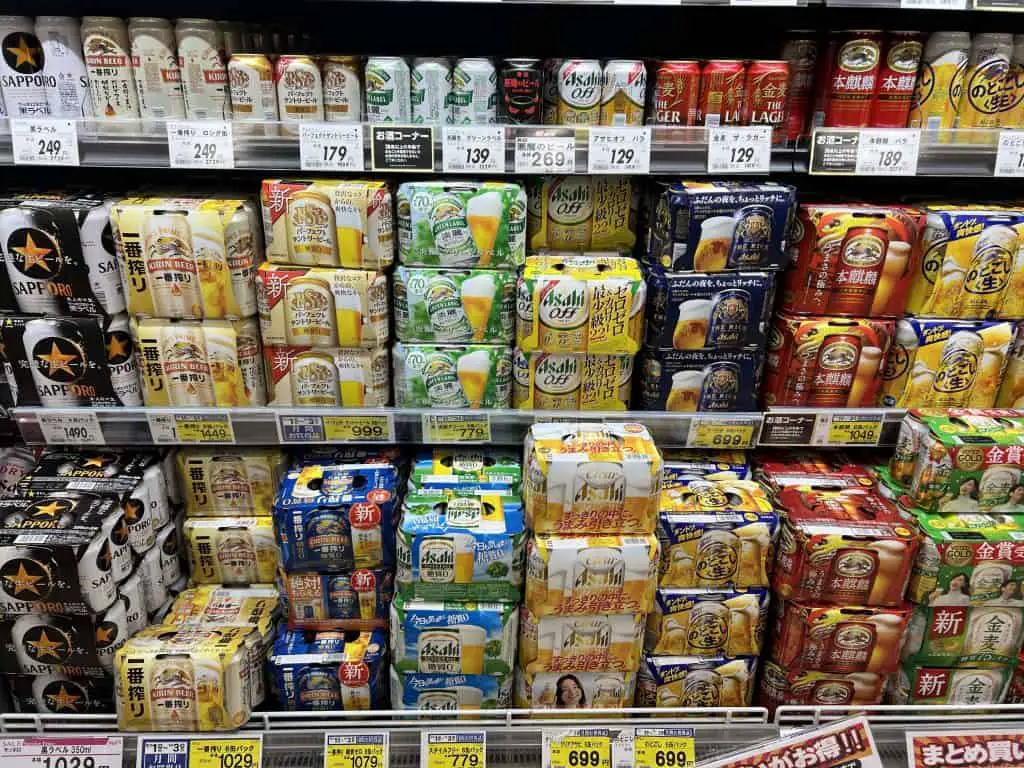
America
Social drinking is common, with gatherings at bars, pubs, and restaurants being popular for daily socializing. Many Americans enjoy a casual drink, whether it’s a glass of wine, a craft beer, or a cocktail, as part of their life.
The legal drinking age in the U.S. is 21, and laws around alcohol vary by state. While alcohol is readily available in most places, there is a growing trend towards responsible drinking and an increased interest in craft beverages, including locally brewed beers and artisanal spirits.
Japan
In Japan, it looks a little different on the outside, but given a closer look things are a lot more similar. Drinking is certainly still accepted and popular (just take one look at the selection of beers in any convenience store), but it’s a lot less open than it is in the US. Some have suggested that behind closed doors, Japan has a drinking problem that it can’t admit.
I can’t shed too much light on how true that article is, but after Japan’s government pretty much told its youth to ‘Drink up‘, it wouldn’t be surprising.
It’s also worth referencing the prevalence of shops that specifically sell alcohol. So instead of popping to Walmart to grab a few beers, you’ll go to a shop that stocks loads of different types of alcohol as well as snacks specifically made for pairing with your drinks.
Driving
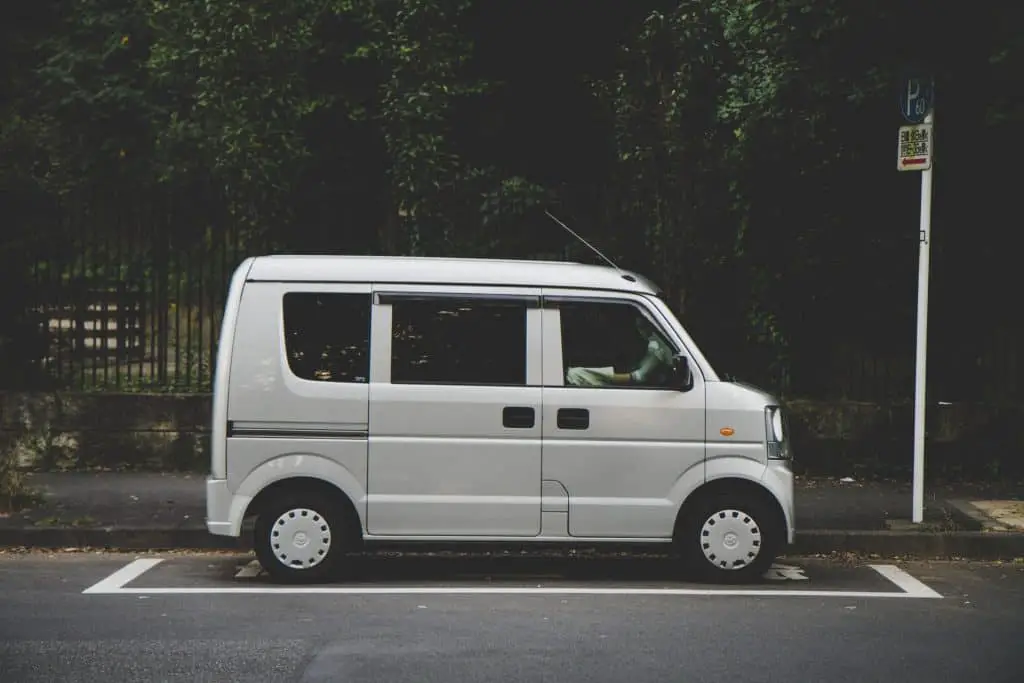
America
Driving is a common way for Americans to get around. Many people rely on their cars for daily transportation, whether it’s going to work, running errands, or taking road trips. The legal driving age varies by state but is typically between 16 and 18.
While public transportation like buses and trains exists, it’ may not be as widely available in all areas’s not as effective as it is in Japan, possibly due to the sheer size of America
Japan
While a lot of people drive in Japan, the country as a whole is more set up for public transport as you’re likely aware.
It’s going to be hard to buy a car in Japan unless you’re fluent in Japanese or have a friend who is. And if you do end up buying one, it’s probably going to be a kei car!
In terms of learning to drive in Japan, it’s not uncommon for it to cost $3-4K, though if you’re just looking to switch licenses from your home country to Japan it’ll be less. The failure rate is higher for those looking to switch due to the bad habits they’ve picked up, so be prepared that you may not pass on your first go.
Weather
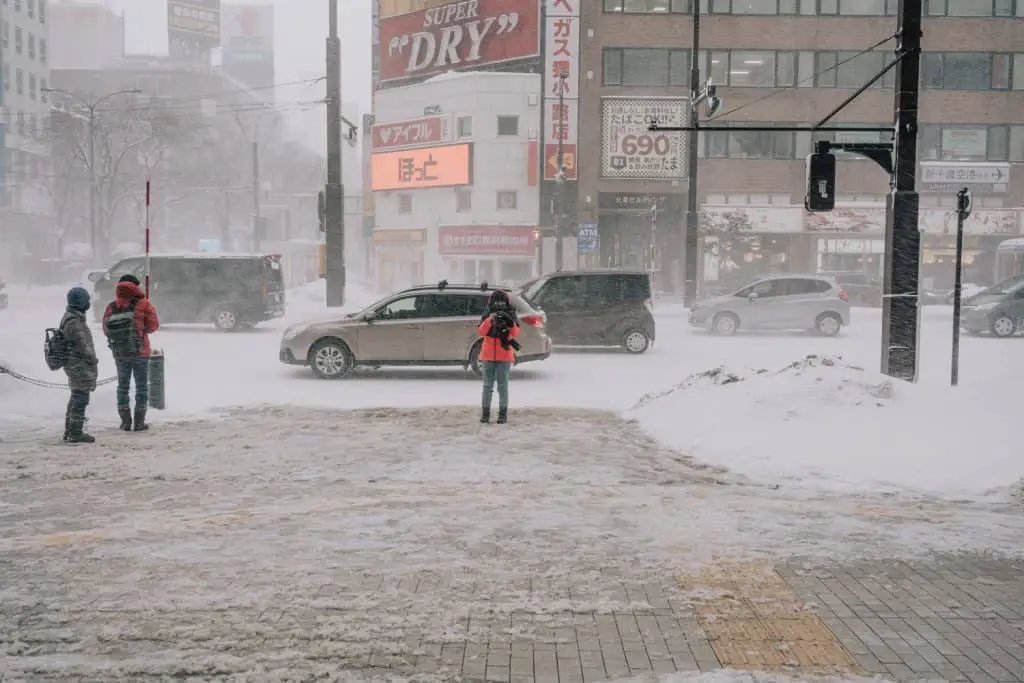
America
Weather in the United States varies widely because of the country’s size and geography. In the Northeast, winters can be intensely cold, while the South enjoys milder winters and hot, humid summers. The West Coast has mild, wet winters and warm, dry summers. The Midwest has four distinct seasons, including warm summers and cold winters.
The U.S. is also known for its extreme weather events. Hurricanes can affect the Gulf and East Coasts, tornadoes are common in the Midwest, wildfires can occur in the West, and Northern states experience blizzards. Some regions face droughts, while others contend with periodic flooding.
Japan
Japan seems to have more absolute seasons across the whole country. Winter in Japan is usually filled with an abundance of snow (because Japan is the snowiest place in the world), and summer is normally horrifically humid (future Jonny whos just been through a Japanese Summer can confirm…), especially if you’re nearer to Tokyo.
Housing
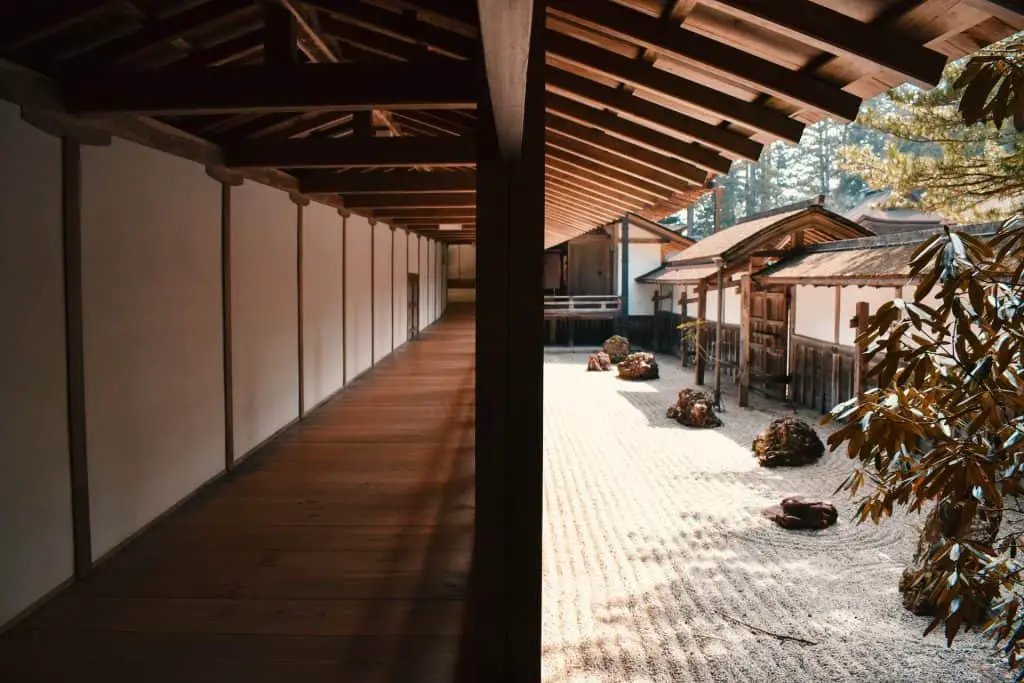
America
Housing in the United States is quite diverse, offering a range of options to suit different needs and preferences. You can find single-family homes, apartments, condos, townhouses, and even mobile homes. The choice often depends on where you want to live and what fits your lifestyle.
Unfortunately, that doesn’t make things any less affordable.
Many people aim to own their homes, and there’s a well-established system for getting mortgages to make that happen. Suburbs often have single-family homes, while cities have more apartments. But renting is common too, especially in urban areas where apartments and houses are available for lease.
Japan
According to Pacific Prime, ‘rent for a family living in Japan costs $1,049 a month on average vs. $2,331 a month in the USA. I don’t rent in either the US or Tokyo so I can’t confirm or deny it, but what I do know is that space is a big issue in Tokyo.
While finding an affordable house in America vs Japan is likely to be a big challenge, Tokyo suffers from even less space than its American counterparts.
From my brief look into rental prices in Japan’s capital, the prices did seem a little more affordable, at least for what you’re getting. However, renting in Japan comes with a whole host of potential issues and complications, though that’s a story for another day.
Looking for a cheap house in Japan for under $50k? Cheap Houses Japan is worth checking out. The guy who runs the incredibly popular Instagram page sends through a newsletter with the best of what Japan has to offer in terms of cheap accommodation. Some of them are under $10k, and while they do need a little TLC, they’re perfect for living out your Studio Ghibli-inspired dreams!
Job opportunities
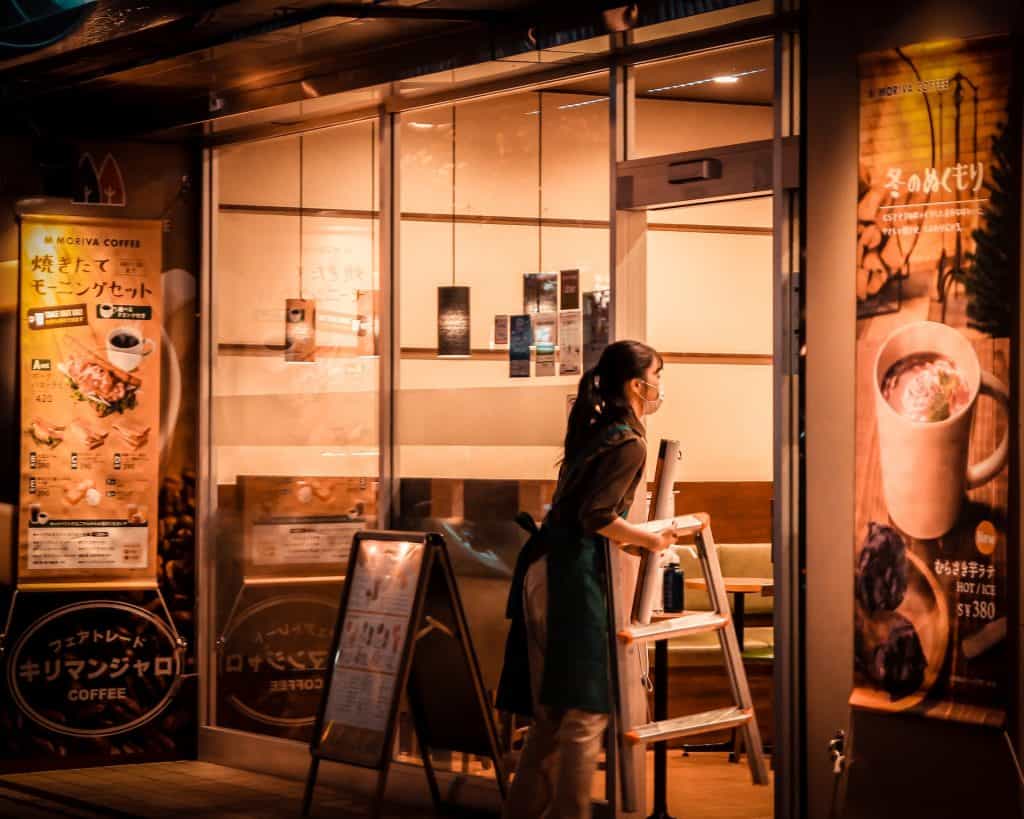
America
Job opportunities in the United States are diverse, spanning a wide range of industries. Whether you’re interested in technology, healthcare, finance, education, or manufacturing, you can find employment options to suit your interests and skills.
America has a strong entrepreneurial culture, making it an attractive destination for those looking to start their own businesses or join startups. The technology sector, particularly in Silicon Valley, offers numerous positions in fields like software development and cybersecurity.
Though as I said earlier in the article, I’m not sure those positions are hiring as abundantly as they once were.
Japan
As we discussed earlier on, Japan seems to be stuck on a low minimum wage and that’s not good for anyone. That said, if you’re coming over to Japan, the chances are high that you’ll end up being an English teacher, a profession that pays fairly decently (though requires an intense commitment).
If you’re looking to become a translator or work in IT, or finance, you’ll probably be compensated well. If you end up working in a shop or doing work that perhaps doesn’t require further qualification, you won’t be making too much extra cash. But if you’re running out of cash, here are 20 ways to make extra money in Japan.
US vs Japan: Which is better?
If you’re looking for a country where to can climb the corporate ladder and increase your earning potential (while still having a life), America is a no-brainer. In all other circumstances, I see no reason not to move to Japan, even if it’s just for a year.
This country has given me more than I ever could have imagined possible, and I urge anyone considering moving to Japan, to do it. Here are some pros and cons of living in Japan to prepare you for the journey ahead!



